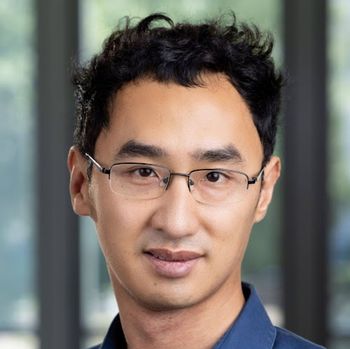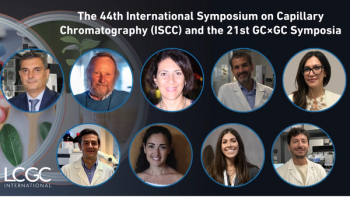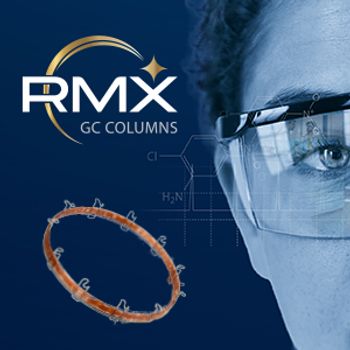
Merck Launches 2025 Global Curiosity Cube Tour to Expand STEM Education Access
Merck has launched its 2025 Curiosity Cube tour, bringing hands-on STEM experiences to students across the world.
Merck (Darmstadt, Germany) has launched its 2025 Curiosity Cube tour, aiming to bring hands-on STEM (science, technology, engineering, and mathematics) experiences to students across Europe, North America, and, for the first time, Africa (1). The initiative seeks to reach 60,000 students across the world throughout the year.
The Curiosity Cube is a solar-powered mobile science lab designed to engage students with interactive experiments and lessons. A retrofitted shipping container, it features an interactive array of experiments for students, all led by Merck employees (2). According to the press release, this year's program introduces new content focused on artificial intelligence (AI), allowing students to explore topics such as distinguishing AI-generated images from real photos, understanding machine learning processes, and examining the mechanics behind AI-powered technologies like self-driving cars.
Tim M. Jaeger, Chief Strategy and Transformation Officer for Merck's Life Science business sector, emphasized the importance of early STEM education: "With technological advances and scientific breakthroughs reshaping the world, it has never been more important to inspire early interest in STEM careers and prove that science can be fun. With the Curiosity Cube, we are breaking down barriers to science education by bringing hands-on experiments directly to students in their local communities. This year, our new AI-focused lessons offer students a glimpse into the future of technology, while making science accessible and showing children that science is exciting.” (1).
The 2025 tour marks the Curiosity Cube's debut in Africa, with 100 events planned across Botswana, Eswatini, Lesotho, Namibia, and South Africa starting June 10. In Europe, over 130 events are scheduled in countries including Austria, Belgium, the Czech Republic, France, Germany, Ireland, Italy, Liechtenstein, the Netherlands, Spain, Switzerland, and the United Kingdom. North America's seventh tour will encompass 140 events in major cities such as Austin, Boston, Cleveland, Houston, Kansas City, Milwaukee, Seattle, St. Louis, and Toronto.
Complementing the mobile lab, Merck has also opened the Curiosity Labs STEM Center in Darmstadt, Germany, offering 11 interactive science lessons to provide year-round educational opportunities for local students.
Launched in 2017, the initiative underpins Merck’s commitment to making science education more accessible and inspiring the next generation of scientists by providing engaging, hands-on learning experiences in communities worldwide.
Exposing children to STEM from an early age is important for several reasons. Early STEM activities enhance problem-solving, critical thinking, and logical reasoning skills. These cognitive abilities are most adaptable during early childhood, when the brain is developing rapidly (3). Early exposure fosters curiosity and a positive attitude toward STEM subjects. Studies show that children who are exposed to and engage in STEM activities early are more likely to pursue STEM education and careers later in life (4). Introducing STEM early can help reduce achievement gaps by providing all children, regardless of background, with equal opportunities to develop foundational skills and interests (5).
References
(1) Curiosity Cube 2025: Merck’s Mobile Science Labs Tour Globally to Bring STEM Education to Students. Merck website;
(2) The Curiosity Cube;
(3) National Science Teaching Association (NSTA), NSTA Position Statement: Early Childhood Science Education, 2014.
(4) Maltese, A. V.; Tai, R. H. Eyeballs in the Fridge: Sources of Early Interest in Science. International Journal of Science Education 2009, 32 (5), 669–685. DOI: 10.1080/09500690902792385
(5) McClure, E. R.; Guernsey, L.; Clements, D. H.; et al. STEM Starts Early: Grounding Science, Technology, Engineering, and Math Education in Early Childhood. Joan Ganz Cooney Center; 2017.
Newsletter
Join the global community of analytical scientists who trust LCGC for insights on the latest techniques, trends, and expert solutions in chromatography.




